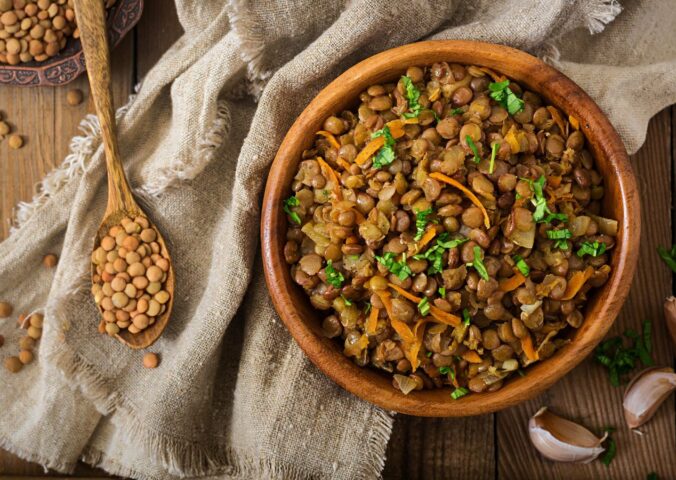A new study evaluating the environmental impact of thousands of food products suggests that veggie sausages and burgers are up to 10 times better for the planet than meat.
The study from the University of Oxford evaluated 57,000 food products from supermarkets across the UK and Ireland.
Researchers looked at four factors: greenhouse gas emissions, water stress, land use, and eutrophication potential. (The latter refers to the over-fertilization of water and soil, which deteriorates quality.)
Among the worst for the planet were dried beef products, like jerky and biltong. But a number of plant-based meat products, like sausages and burgers, had a fifth to less than a tenth of the environmental impact of their animal meat counterparts.
Products made with fruits, sugar, flour, and vegetables (like soups, cereals, salads, etc.) also had a low impact on the environment.
Professor Peter Scarborough, an Oxford Professor of Population Health, said the findings are “very exciting.”
Making sustainable diets easy
“For the first time, we have a transparent and comparable method for assessing the environmental footprint of multi-ingredient processed foods,” Scarborough said in a statement.
“These types of foods make up most of the supermarket shopping we do, but until now there was no way of directly comparing their impact on the environment.”
He noted that the work could help to develop tools to assist consumers in making more sustainable shopping choices, but it could also “prompt retailers and food manufacturers to reduce the environmental impact of the food supply.”
That, he noted, would make it easier for everyone to have a more sustainable diet.
In the UK, people are already changing the way they shop. This is, in part, because of the ongoing cost of living crisis that has seen meat prices soar.
In June, one survey by The Vegan Society found that a third of UK consumers are either cutting out meat from their weekly shop or reducing it.
Another study from earlier this month reported that more than 25 percent of UK adults are reducing meat amid the cost of living crisis.






